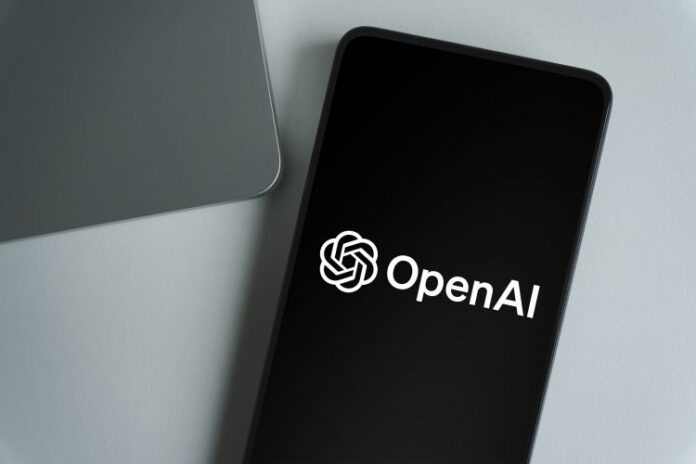OpenAI has confirmed it will no longer work with Scale AI, the data‑labeling firm it helped grow in its early days, following Meta’s headline‑making $14.3 billion purchase of a 49 percent stake in the startup. The move, OpenAI says, was already in motion before Meta’s deal was announced on June 13, 2025, but the timing has deepened concerns about data security and competitive risk in the fast‑moving AI sector.
Meta’s $14.3 Billion Bet on Scale AI
Meta’s investment values Scale AI at about $29 billion and brings founder Alexandr Wang into Meta’s new “Superintelligence” unit while he remains on Scale’s board. Because the shares are non‑voting, the deal skirts a full regulatory review yet gives Meta extensive access to Scale’s powerful data pipelines. For Meta, which has trailed rivals in AI innovation, the partnership promises to plug gaps in its own model‑training efforts and is a clear signal that the company intends to play big in the enterprise AI space (TechCrunch).
What Scale AI Does
Scale AI built its name on combining machine learning with a global army of contractors—some 240,000 in countries such as Kenya, the Philippines, and Venezuela—to hand‑label images, text, video, audio, and even 3D point clouds. It offers three main services: fully automated annotation, purely human‑driven labeling for tricky data, and a hybrid model that blends both approaches. Its clients have included Etsy, General Motors, OpenAI, Toyota, and various government agencies, all of whom rely on precise data tags to sharpen their AI tools (Wikipedia; Scale.com).
Client Exodus Begins
Shortly after Meta’s deal went public, word spread that OpenAI, Google, Microsoft, and others are pausing or ending their use of Scale AI’s services. OpenAI’s CFO had initially indicated they would remain one of several vendors, but the company later acknowledged it had already been shifting work to alternative providers in anticipation of competitive concerns. Google, for its part, quietly reached out to rival data labelers to secure neutral partnerships that would keep its model‑training secrets safe (Finance.Yahoo).
Industry Response and Short Analysis
In my view, this episode underscores a growing tension in AI development: how can companies share data‑labeling resources without risking leaks of their most valuable model‑training methods? On one hand, Scale AI’s human‑in‑the‑loop approach delivers unmatched quality. On the other, once a major competitor buys a stake, trust erodes fast. I expect the market for independent labelers to heat up, with firms stressing strict firewalls and non‑compete clauses to reassure blue‑chip clients.
Moreover, the fallout highlights a lesson for AI providers: diversification of data suppliers is no longer optional but essential. As firms chase ever‑more advanced models, they will demand clear walls between vendors and rivals. In that sense, Meta’s investment may have jolted the sector into a more cautious, if less efficient, future.
What Comes Next?
Scale AI insists it will safeguard client confidentiality and limit Wang’s day‑to‑day role, but the path ahead looks rocky. The startup must either rebuild trust with lost customers or pivot toward services where competitive risk is lower—perhaps focusing on open‑source projects or specialized verticals. Meanwhile, OpenAI and Google will keep scouting for partners who can handle gigabytes of data without any strings attached.
As this story unfolds, it will reveal much about how AI firms balance collaboration against competition and how data‑labeling businesses must evolve to remain viable in a world where stakes and sensitivities only grow.
Sources: CNBC, Tech in Asia

